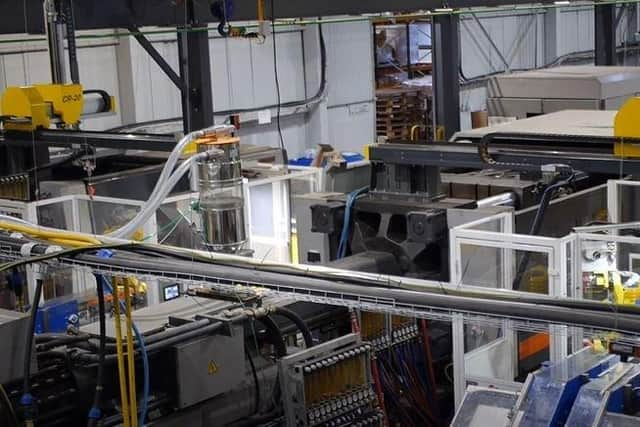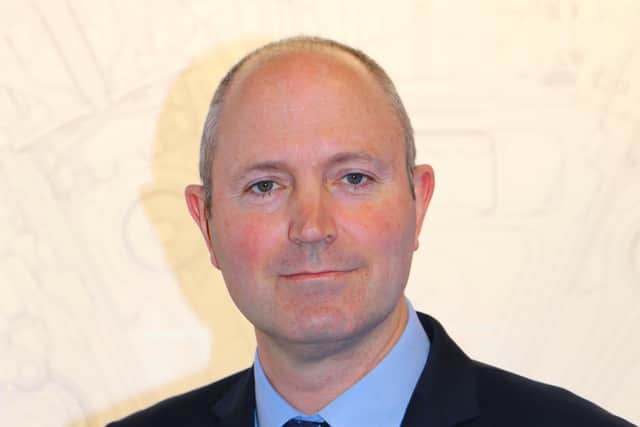This Littlehampton business employs prisoners – and its owner is urging others to do the same
and live on Freeview channel 276
In almost a decade, around 50 prisoners have worked at Inpress Plastics as part of the Release on Temporary Licence scheme – and five were offered full-time jobs at the end of their sentence, with two others still working as sub-contractors.
The Ministry of Justice has recently highlighted this as a model example of the scheme working at its best, and is calling for other businesses in our area to follow suit.
Advertisement
Hide AdAdvertisement
Hide AdHenry Powell, commercial director, recalled a time where one of the inmates asked him for an advance so he could buy his daughter the shoes she wanted for her 16th birthday with his wages, which he granted.


Mr Powell said: “He was just over the moon. He was now on the right footing with his daughter and life had improved slightly. It is great to be part of that.”
The partnership began after Mr Powell and his brother bought the plastic moulding business in 2011.
It started with them commissioning projects to be completed at the prison workshop in Ford Road, Ford, before inviting prisoners in to work at their factory site in Harwood Road, Wick, under the licence scheme.
Advertisement
Hide AdAdvertisement
Hide AdThis proved so successful that three years ago, the company opened a small site next to the prison for assembling products and quality control.


The businessman, who is also chairman of the Coastal West Sussex Partnership think tank, said there was a lack of ‘motivated, skilled people’ in the South East due to low unemployment levels. In his experience, inmates wanted to learn and were hardworking, and also had skills from their previous professions that could be used from the production floor to warehouse management, recycling and accountancy.
He reiterated that prison staff were paid and treated the same as other employees, and urged other local businesses to follow his lead.
Esther Dainton, deputy governor of the open prison, said Henry had an ‘absolutely amazing moral compass’ and hoped to build this success with their other placements.
Having visited one of the workshops, she said: “They are not prisoners when they are there. They act and feel differently, and I’m immensely proud of what they are doing.”